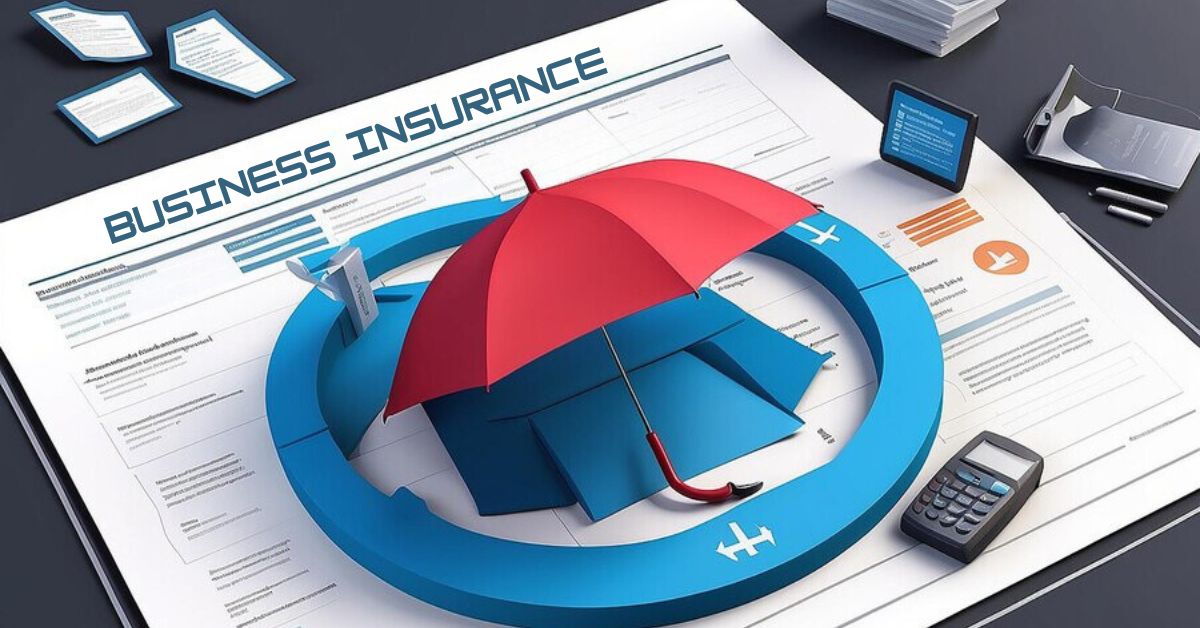Running a business comes with numerous responsibilities, and one of the most important is ensuring adequate protection against potential risks. While some might see insurance as just another expense, it is, in fact, a crucial investment for long-term stability. Small business insurance helps protect companies from unforeseen events, including lawsuits, property damage, and employee injuries. The right coverage ensures a safety net that safeguards your company’s finances, reputation, and future.
This article will discuss the five critical reasons for having business insurance, illustrating why it’s essential for any business to have comprehensive coverage.
Compliance with Legal Requirements
One of the most important reasons to obtain business insurance is that it’s often required by law. Federal and state regulations mandate certain types of insurance for companies, especially those with employees.
For instance, workers’ compensation insurance is required to cover medical expenses and lost wages for injured employees. Unemployment and disability insurance are other examples of protection for employees who are laid off or unable to work due to a disability.
Businesses risk fines, penalties, and lawsuits without proper coverage. More importantly, non-compliance can disrupt operations, hurt a company’s reputation, and possibly lead to business closure. Adequate insurance isn’t just about avoiding penalties—it’s a way to protect employees and the company’s financial interests.
Protection Against Costly Lawsuits
Lawsuits are a significant risk for businesses of all sizes, and legal fees and settlements can be crippling without insurance. Litigation can arise from various situations, including employee disputes, customer accidents, or product issues.
For example, employment practices liability insurance covers legal costs if an employee sues for discrimination or wrongful termination. Similarly, general liability insurance protects businesses from lawsuits filed by customers who may have suffered injuries on the premises, like a slip and fall incident.
Businesses that manufacture or sell products should also consider product liability insurance, which covers claims related to product defects. These types of claims can result in massive settlements, and without adequate insurance, the company could face significant financial losses. Insurance acts as an economic shield, helping businesses navigate the legal system without going bankrupt.
Boosting Business Credibility
Having insurance isn’t just about protection—it also enhances credibility. Clients, partners, and investors feel more comfortable dealing with businesses that have coverage because it signals responsibility and professionalism.
For example, many clients prefer to work with insured companies because it guarantees that the business can handle the associated costs in the event of damages or accidents. Similarly, investors favor businesses with comprehensive insurance, as it demonstrates risk management and long-term planning.
An insured business is more reliable, increasing customer trust and fostering stronger relationships. This, in turn, leads to more opportunities and potential business growth. Insurance reassures stakeholders that the company is well-prepared to handle any challenges.
Quicker Recovery from Unexpected Events
Natural disasters, theft, and vandalism can disrupt business operations, leading to unexpected costs and potential loss of income. However, with the right insurance coverage, businesses can recover faster and minimize downtime.
For example, commercial property insurance covers the cost of repairs or replacements if your equipment is damaged or stolen. Additionally, business interruption insurance compensates for lost income during temporary closures, ensuring the company can cover essential expenses like employee wages and rent.
Insurance gives businesses the financial support to bounce back quickly from crises, helping them resume operations and maintain stability. Without this safety net, companies would need to rely on their resources, which could lead to prolonged recovery times and, in some cases, financial ruin.
Employee and Client Protection
Employees and clients are the backbone of any business, and having the right insurance ensures their safety and well-being while protecting the company from financial liabilities.
Workers’ compensation insurance is critical for employees. It provides financial support in case they are injured or fall ill due to their job, covering medical expenses and lost wages. This helps employees recover and prevents potential lawsuits that could arise from workplace injuries.
On the other hand, general liability insurance ensures that customers are protected if they suffer bodily injury or property damage while interacting with the business. For example, if a client trips and injures themselves on company property, the insurance would cover their medical bills, reducing the risk of a lawsuit.
Insurance offers peace of mind in both cases, knowing that employees and customers are cared for while safeguarding the company from significant financial hits.
Conclusion
Business insurance is an essential investment, providing crucial protection against potential risks. Whether complying with legal requirements, safeguarding against lawsuits, or ensuring quicker recovery from unexpected events, having the right coverage is necessary for long-term success. It boosts a company’s credibility, ensures the safety of employees and clients, and shields the business from financial losses. Business insurance offers security and peace of mind in a world of uncertainties.
FAQs
What types of insurance are required by law for businesses?
Businesses are typically required to have workers’ compensation, unemployment, and disability insurance, especially if they have employees. Some states may also mandate additional coverage, like general liability insurance.
How does liability insurance protect a business?
Liability insurance protects businesses from claims involving injury, property damage, or product defects. It covers legal fees, settlements, and medical costs, preventing out-of-pocket expenses.
Can insurance help a business recover from natural disasters?
Yes, commercial property insurance and business interruption insurance provide financial support to repair damages and compensate for lost income, allowing a business to recover faster.
How does having business insurance improve credibility?
Having insurance demonstrates that a business is responsible and well-prepared for risks. Clients, partners, and investors are likelier to trust and work with a company with proper coverage.
What happens if a business doesn’t have the required insurance?
Businesses risk legal penalties, fines, and potential lawsuits without the necessary coverage. Non-compliance can also damage a business’s reputation and lead to operational disruptions.

